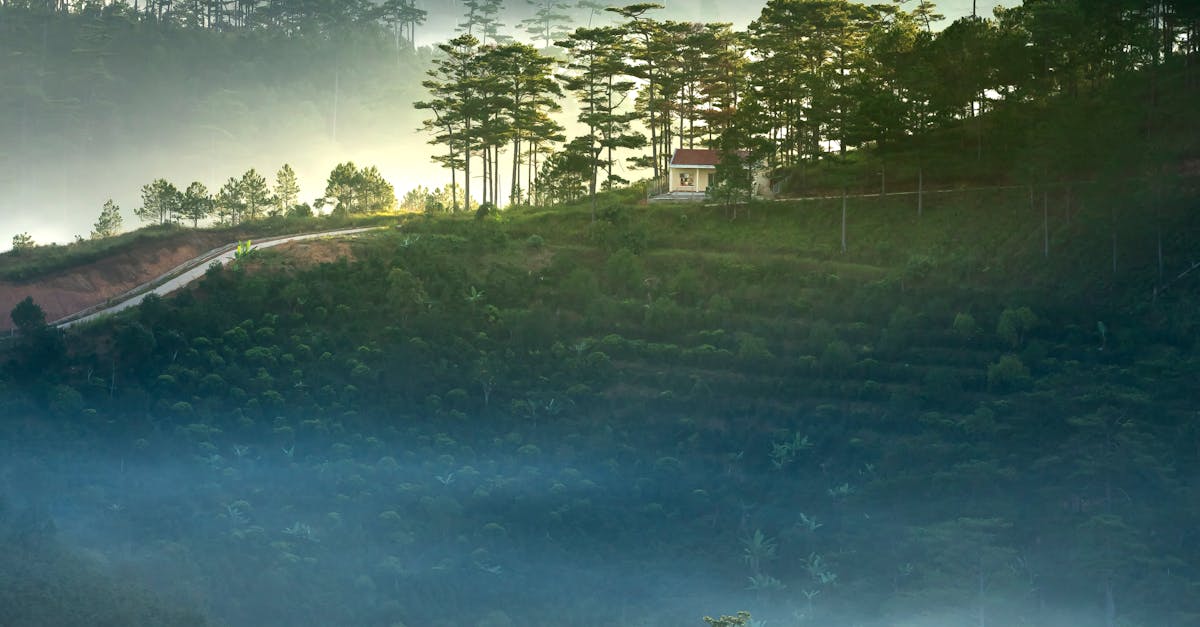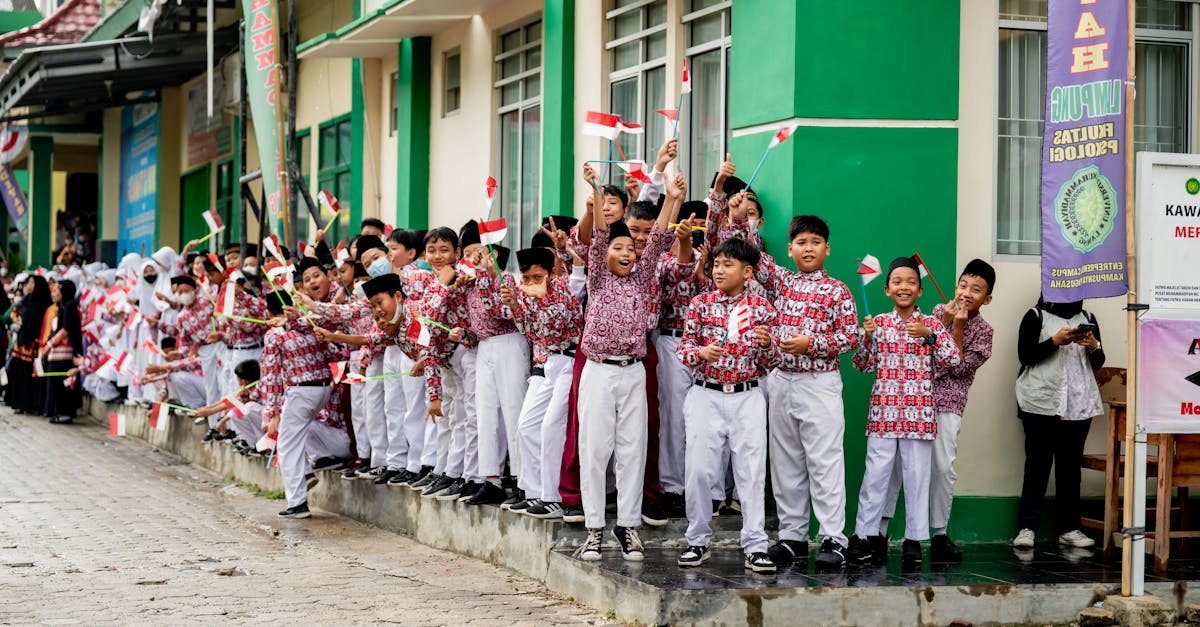Yoga Award
-
Nominations Open: The Ministry of Ayush has opened nominations for the Prime Minister’s Yoga Awards 2025, recognizing contributions to Yoga promotion and development. This news is timely to encourage participation and highlight the importance of Yoga.
-
Award Purpose: The awards honor significant and sustained contributions to Yoga, promoting its role in disease prevention, health promotion, and managing lifestyle disorders. This emphasizes Yoga’s broader societal impact.
-
Award Categories: The awards are in four categories: National Individual, National Organization, International Individual, and International Organization. This ensures inclusivity and recognition across different areas.
-
Eligibility and Process: Individuals (40+ years old, 20+ years Yoga service) and organizations can apply or be nominated. A Screening Committee and Evaluation Jury will determine the winners. The detailed process ensures fairness and credibility.
-
Prizes: Winners receive a trophy, certificate, and a Rs. 25 lakh cash award. This incentivizes participation and recognizes the value of contributions.
-
Government Commitment: The awards are personally endorsed by the Prime Minister, showcasing the government’s dedication to Yoga’s growth and propagation. This adds prestige and importance to the awards.
-
Application Deadline: The last date for nominations is March 31, 2025, accessible via the MyGov platform and Ministry of Ayush website, providing easy access and encouraging participation.
-
Significance: The Prime Minister’s Yoga Awards are a prestigious recognition of contributions to Yoga. The awards aim to promote holistic health and well-being.
Measles Outbreak
-
Measles, a highly contagious virus, is experiencing a resurgence in the U.S., particularly in Texas.
-
The rise is attributed to lower vaccination rates and international travel bringing the virus from areas with higher infection rates.
-
Measles is an airborne disease spread through respiratory droplets from coughs or sneezes. The virus can remain airborne for up to two hours.
-
Symptoms include high fever, cough, runny nose, red watery eyes, and a characteristic rash starting on the face and spreading downward. Small white spots inside the mouth are another key indicator.
-
Unvaccinated young children and pregnant women are at highest risk of severe complications.
-
There is no specific antiviral treatment for measles.
-
Prevention relies heavily on the MMR (measles, mumps, and rubella) vaccine, with two doses providing around 97% protection. Vaccination is recommended for all non-immune individuals.
-
Additional preventative measures include frequent handwashing, maintaining distance from those exhibiting symptoms, and disinfecting surfaces.
-
The MMR vaccine can be given to children as young as six months old for international travel, but the standard two doses are still required.
Komodo Readiness
-
Indonesia is hosting the multilateral naval exercise Komodo.
-
Exercise Komodo, launched in 2014, is a non-combat military exercise focused on maritime cooperation.
-
The 2025 edition, themed “Maritime Partnership for Peace and Stability,” is the fifth biennial event.
-
It involved 39 countries with numerous warships and aircraft participating in the fleet review and various exercises.
-
The exercise includes naval drills, an officer exchange forum, bilateral meetings, a security symposium, a defense exhibition, and cultural events.
-
India’s participation, including INS Shardul and P8I aircraft, demonstrates its commitment to regional security cooperation and the SAGAR doctrine (Security and Growth for All in the Region).
-
Indian Navy’s participation follows recent naval exercises with Indonesia (La Perouse) and a visit by the Indonesian Navy Chief of Staff to India.
-
The Indian Navy’s presence is also linked to the International Fleet Review (IFR) 2025 in Bali.
*The exercise aims to enhance maritime interoperability and regional security cooperation among participating nations.
The news is significant because it highlights India’s growing engagement with Southeast Asian nations in promoting maritime security and cooperation in the Indo-Pacific region. The participation in both the IFR and Exercise Komodo underscores India’s commitment to multilateralism and its strategic partnerships in the region. The timing, following other recent exercises and high-level visits, further emphasizes strengthening ties.

Katarniaghat Sanctuary
-
Katarniaghat Wildlife Sanctuary (KWS) is in news due to the discovery of a deceased 45-50-year-old male elephant within its dense forests.
-
Located in Bahraich district, Uttar Pradesh, KWS is near the Indo-Nepal border.
-
KWS is a crucial part of the Dudhwa Tiger Reserve, along with Kishanpur Wildlife Sanctuary and Dudhwa National Park.
-
It’s a 400.09 sq.km core area of the Dudhwa Tiger Reserve, providing vital connectivity between tiger habitats in India and Nepal’s Bardia National Park.
-
KWS boasts a diverse Terai ecosystem: sal and teak forests, grasslands, swamps, and wetlands.
-
It’s renowned for its rich biodiversity, including endangered species: Gharial, tiger, rhino, swamp deer, hispid hare, Bengal florican, white-backed and long-billed vultures, and Gangetic dolphins.
-
The Gairwa River within KWS is a sanctuary for Mugger crocodiles and Gharials, also supporting various aquatic life.
-
The elephant’s death is currently under investigation by forest officials. The cause of death is yet to be determined.
TrailGuard AI
-
TrailGuard AI, a camera-based anti-poaching system, has successfully reduced poaching incidents in Similipal Tiger Reserve, Odisha.
-
The system uses AI to detect humans and wildlife, transmitting real-time alerts within 30 seconds. This enables rapid response to poaching attempts.
-
In 10 months, 96 poachers were arrested and 86 guns seized due to TrailGuard’s assistance.
-
The system features long-lasting (6 months to 1 year) batteries, small, durable design, and cost-effectiveness (Rs 50,000-53,000 per unit).
-
TrailGuard combines durable hardware, on-the-edge AI algorithms, and real-time transmission. It operates on low power, activating only when motion is detected.
-
The system is being expanded to other tiger reserves and national parks in India, aiming to mitigate human-wildlife conflict and improve conservation efforts.
-
While effective, the system’s success requires proactive enforcement measures on the ground to follow up on alerts. This includes intelligence gathering and house raids.
-
Concerns exist about limiting access to the forest for local communities, necessitating careful consideration and community engagement.
Yamuna
-
The Yamuna River, a major tributary of the Ganges, originates in the Himalayas and flows through Uttarakhand, Uttar Pradesh, Haryana, and Delhi. Its confluence with the Ganges at Prayagraj is sacred to Hindus.
-
A new, large-scale effort to clean the heavily polluted Yamuna River has begun in Delhi, aiming for restoration within three years. This follows a BJP election promise.
-
The cleanup plan uses a four-pronged strategy: debris removal, improved sewage treatment (including building new plants), inter-departmental coordination, and stronger regulatory oversight to prevent industrial pollution.
-
Previous cleanup efforts, including a significant financial investment by the AAP government and NGT directives, have yielded little tangible improvement due to various factors. These include land acquisition issues, unrealistic deadlines, lack of unified approach, and disputes between Delhi and neighboring states over water quality. A high-level committee’s work was halted by a Supreme Court stay.
-
The BJP’s plan includes expanding sewage and effluent treatment capacity significantly. The party’s election victory in Delhi has led to the launch of this new initiative.
Loggerhead
-
Loggerhead turtles are the world’s largest hard-shelled turtle, known for their large heads.
-
They have a cosmopolitan distribution, nesting across the Atlantic, Indian, and Pacific Oceans, and the Mediterranean Sea.
-
They are omnivorous, with a diverse diet of bottom-dwelling invertebrates.
-
Their IUCN conservation status is vulnerable due to threats like bycatch, climate change, habitat loss, and pollution.
-
A recent study revealed loggerheads can learn and remember magnetic field signatures of areas associated with food.
-
When in a food-associated location, they exhibit a “turtle dance.”
-
This indicates they possess a “magnetic map” sense, distinct from their magnetic “compass” sense, both used for navigation.
-
The magnetic map sense doesn’t rely on the same mechanism as the compass, suggesting two separate geomagnetic sensory systems.
-
This discovery advances understanding of how migratory species navigate using Earth’s magnetic field. The findings suggest similar dual systems may exist in other vertebrates.
ICD: Global Disease Codes
- The World Health Organization (WHO) released the 2025 edition of the International Classification of Diseases 11th Revision (ICD-11). Why: This signifies an update to a globally used standard.
- ICD-11 is a flagship WHO product. Why: Highlights its central role in global health initiatives.
- ICD-11 is crucial for identifying health trends and statistics worldwide. Why: Demonstrates its value in understanding global health patterns.
- It underpins the WHO’s efforts to achieve Sustainable Development Goals (SDGs). Why: Shows ICD-11’s importance in addressing health inequalities and meeting global health targets.
- ICD-11 provides critical knowledge on the extent, causes, and consequences of human disease and death. Why: Emphasizes its importance for understanding and addressing health issues.
- Clinical terms coded with ICD are the basis for health recording and statistics in various healthcare settings and cause of death certificates. Why: Reveals its practical use in healthcare and death documentation.
- The Central Bureau of Health Intelligence (CBHI) in India is a WHO Collaboration Centre for ICD-related activities. Why: Shows India’s involvement and support of ICD-11.

Kalyana Chalukyas
- Discovery: Three Kannada inscriptions from the Kalyana Chalukya era were newly discovered in Kankal village, Vikarabad district.
- Why: This is significant as it provides new historical evidence about the Kalyana Chalukyas, offering insight into their rule, construction activities, and local administration.
- Inscriptions’ Details: The inscriptions are dated to the 4th, 5th, and 6th regal years of Emperor Someswara-III (1129-1132 CE). They document the construction and donations related to the Bijjeswara temple in the village.
- Why: They give context to the religious practices and land management of the era and provides a timeline of the dynasty and their rulers.
- Kalyana Chalukya Overview: The Kalyana Chalukyas, also known as the Western Chalukyas, ruled parts of the Deccan plateau from the 6th to 12th centuries.
- Why: This situates the inscriptions within the broader historical context of the dynasty. They were a significant Kannadiga dynasty.
- Founder: Tailapa II established the empire.
- Why: Important for understanding the dynasty’s origins and the context of their rule.
- Most Famous King: Vikramaditya VI (1076-1126 CE) ruled during the zenith of their power.
- Why: Highlighting a period of prosperity and influence that reflects on their legacy.
- Decline: The empire declined after Vikramaditya VI’s death, facing internal rebellions and external conflicts with the Cholas.
- Why: Explains the empire’s eventual downfall.
- Contributions: They promoted Kannada and Telugu literature, minted gold coins (pagodas), and contributed to Deccan architecture (Gadag style).
- Why: Highlights their cultural impact and legacy.
Gravehawk
-
New Weapon System for Ukraine: Ukraine has acquired the Gravehawk hybrid surface-to-air missile system.
- Why: To defend against Russian missile attacks.
-
Short-Range Air Defense: The Gravehawk is a short-range surface-to-air missile system.
- Why: Designed to counter threats like drones, cruise missiles, and low-flying aircraft.
-
Developed by the UK: The system originates from the United Kingdom.
- Why: Provides a known source and potential for support/maintenance.
-
Rapid Deployment and Mobility: Mounted on an all-terrain vehicle chassis.
- Why: Allows for quick movement and positioning on the battlefield.
-
High-Speed Missiles: Missiles reach up to Mach 2.5 with a range of approximately 12 miles.
- Why: Enables interception of fast-moving targets over a significant distance.
-
Passive Infrared Guidance: Uses infrared radiation for target tracking.
- Why: Avoids radar emissions, thus reducing the risk of detection by the enemy.
-
Remote Operation: Features electro-optical and infrared targeting cameras for remote firing.
- Why: Enables operators to launch missiles from a safe distance.

















